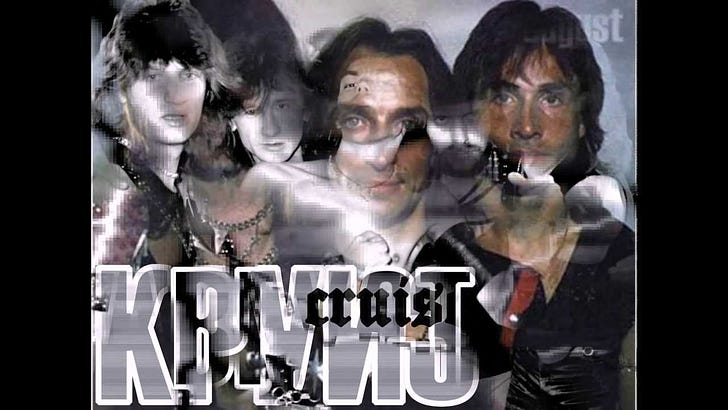It was July 1987, and the Russian hard rock bands Cruise and Galactica were co-headliners at an outdoor theater in Moscow's Gorky Park. My host, a translator and housekeeper for the Moscow correspondent of the Christian Science Monitor, had gotten the tickets for us.
Mikhail Gorbachev, general secretary of the Communist Party, had come to power in 1985, and his policies of glasnost (openness) and perestroika (economic reforms) were getting their tryout. I had just arrived to spend three weeks in Russia, still hub of the Soviet Union, covering the Billy Joel tour-- three shows in Moscow, three in what was still called Leningrad (now reverted to St.Petersburg)--for Newsday, my newspaper and Joel's hometown Long Island paper.
Moscow was still very much a third-world city then; it may well be now unless one has benefited from the kleptocracy of Putinomics. Yet there was a whiff of change in the air. Russians would talk to foreigners more readily than just a few years earlier, according to …
Keep reading with a 7-day free trial
Subscribe to Critical Conditions by Wayne Robins to keep reading this post and get 7 days of free access to the full post archives.



